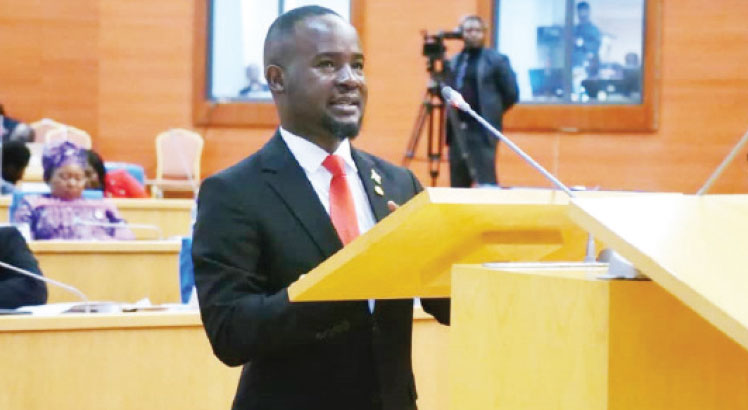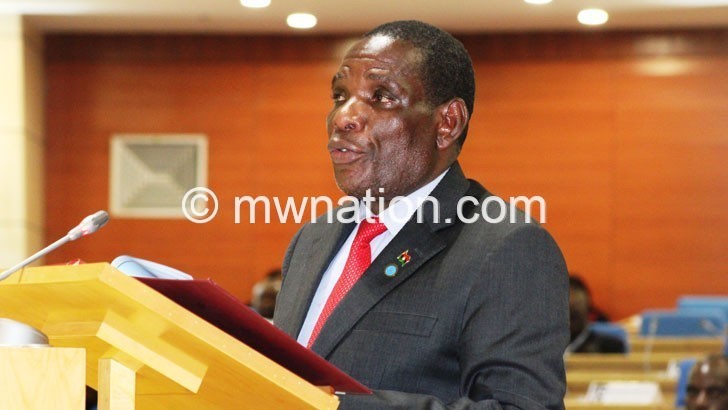Fiscal shocks threaten Mw2063 10-year plan
National Planning Commission (NPC) says Malawi 2063 (MW2063) First 10-year Implementation Plan faces risks emanating from limited fiscal space, macroeconomic imbalances, the Covid-19 pandemic and climate shocks.
The first 10-year plan is a collection of minimum catalytic interventions that have been determined to contribute to the plan’s two key milestones of graduating the country to a middle-income status and meeting most of the United Nations Sustainable Development Goals by 2030.

To achieve this feat, Malawi needs $12.3 billion (about K12.3 trillion) to graduate to middle income status by 2030, according to NPC.
In his presentation on the update of MW2063 First 10-year Implementation Plan at the Economics Association of Malawi Annual Economic Conference in Mangochi last week, NPC monitoring and evaluation manager Austin Chingwengwe said the performance of the plan to a middle-income status is not satisfactory in line with set targets.
He said the country is still falling short on the attainment of the target set to achieve the goals.
Said Chingwengwe: “Key macroeconomic indicators remain below the set targets for the realisation of the plan.
“For instance, inflation rate is presently above 25 percent yet the target was for it to be below 10 percent. On the other hand, the policy rate has been adjusted to 18 percent, but the target for 2030 target is eight percent.”
He observed that the country’s limited fiscal space is posing a challenge to the implementation of the plan, further suggesting strict alignment of the budget to the plan’s interventions by prioritising areas that have potential to create wealth in the short-term.
“We also need to explore emerging innovative financing, including climate financing such as green bonds and development bonds, fast-track tax reforms to improve tax yield and build strong alliances with the private sector to champion implementation,” said Chingwengwe.
He suggested that the country should intensify vaccination drive to achieve herd immunity to mitigate resurgence of Covid-19 and fast-track investment that will promote exports.
Ministry of Finance and Economic Affairs secretary for economic planning and development Winford Masanjala admitted the challenges to implement the plan, but said government continues to push to ensure that it is implemented.
Said Masanjala: “Due to exogenous shocks, most of the plans are not fully implemented.
“On the other hand, macro-fiscal imbalances undermine implementation of development plans, but we now have to learn from these and ensure that national strategies endure harsh environments.”
Ecama president Lauryn Nyasulu said Malawi is not generating wealth to improve people’s living standards to enable the country to achieve the milestones outlined in the national development plan.
She said: “While the developmental goals are aimed at improving human well-being, the statistics clearly show that this is not the case for Malawi.
“These statistics underscore the urgency of taking a different approach in the implementation of Malawi 2063 to ensure we unlock the country’s development.”
The First 10-year Implementation Plan, which runs from 2020 to 2030 was developed in line with relevant global and regional development frameworks.





